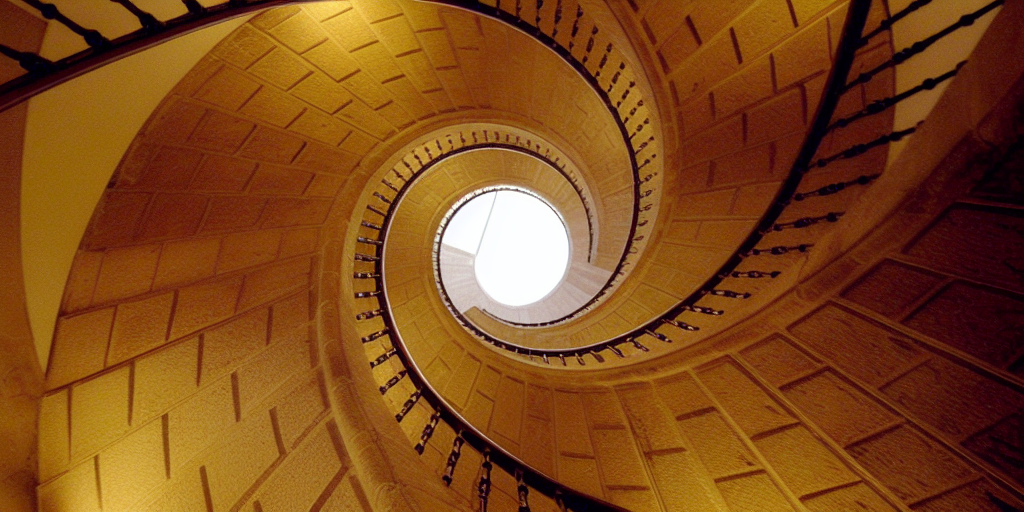Speaker
Description
Algorithms for associative memory typically rely on a network of many connected units. The prototypical example is the Hopfield model, whose generalizations to the quantum realm are mainly based on open quantum Ising models. We propose a realization of associative memory with a single driven-dissipative non-linear quantum oscillator exploiting its infinite degrees of freedom in phase space. The model can improve the storage capacity of discrete neuron-based systems in a large regime and we prove successful state discrimination between n coherent states, which represent the stored patterns of the system. These can be tuned continuously by modifying the driving strength, constituting a modified learning rule. Moreover, by changing the non-linearities of the system, one is capable of generating squeezed states with sub-poissonian statistics, which constitute the first example of purely quantum patterns. We show that the associative-memory capability is inherently related to the existence of a spectral gap in the Liouvillian superoperator, which results in a long timescale separation in the dynamics corresponding to a metastable phase. We believe that our model sets the grounds for future research in quantum machine learning algorithms using bosonic systems.
